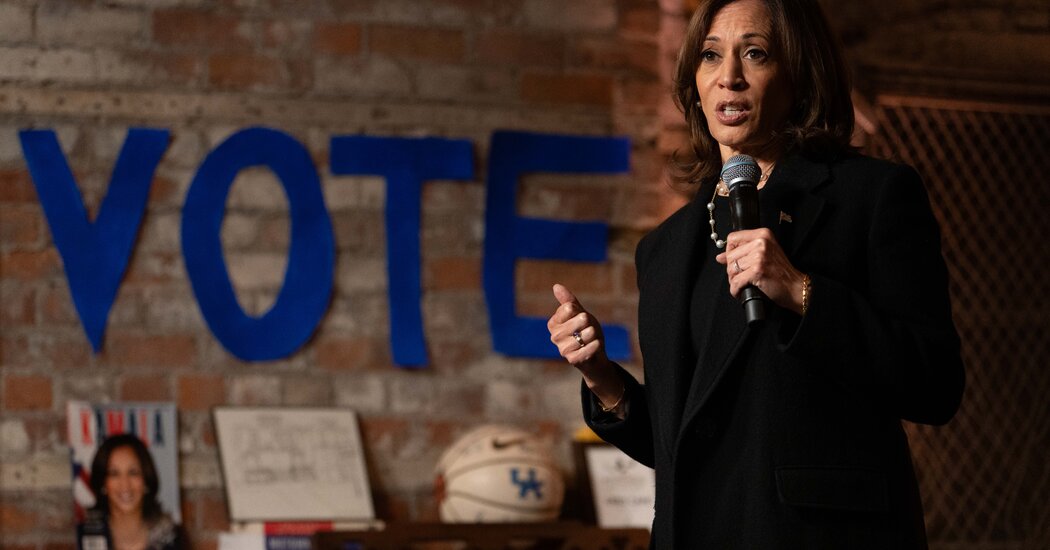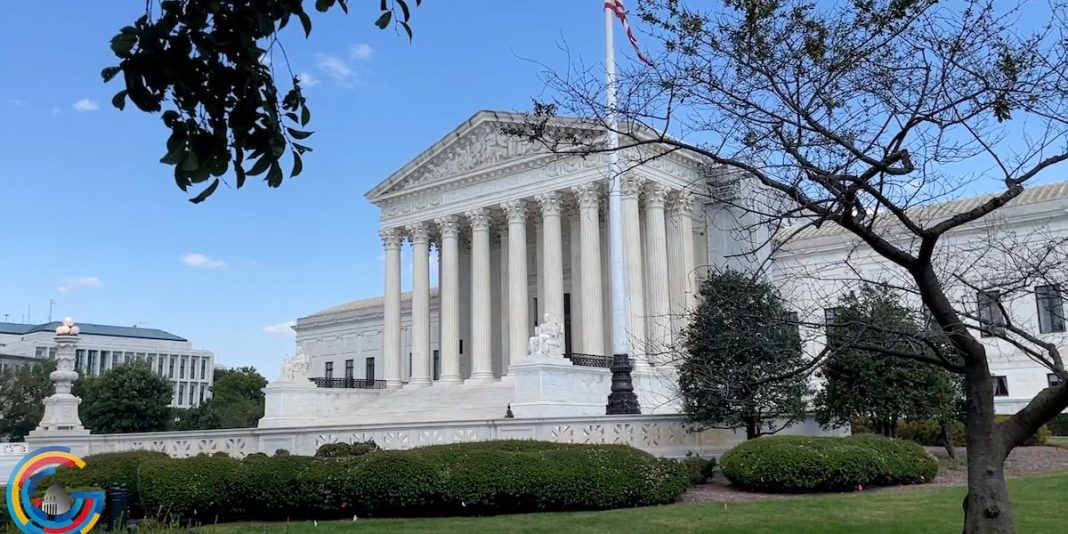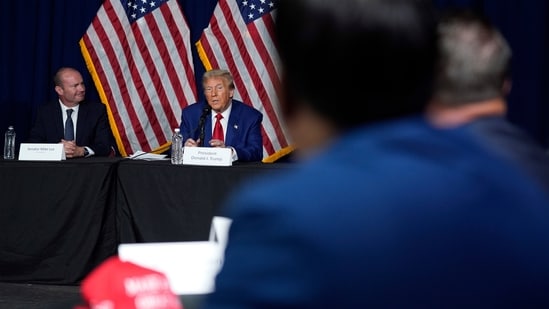Kamala Harris Calls Trump a ‘Fascist’ in Candid Interview with Charlamagne Tha God
In a bold and revealing interview on Tuesday, Vice President Kamala Harris took a strong stance against former President Donald Trump, agreeing with radio host Charlamagne Tha God that Trump embodies fascism. This marked a significant escalation in her rhetoric, as she painted Trump as a dangerous authoritarian leader, a characterization she had previously approached with more caution.
During the hour-long conversation on the popular hip-hop morning show "The Breakfast Club," Harris and Charlamagne discussed a range of issues, particularly those affecting Black Americans. The dialogue was lively and candid, with Charlamagne urging Harris to be more direct about the threats posed by Trump. “The other is about fascism. Why can’t we just say it?” he asked, to which Harris responded, “Yes, we can say that.” This exchange came shortly after revelations from journalist Bob Woodward’s new book, which quoted former Joint Chiefs of Staff Chairman Mark Milley calling Trump “a fascist to the core.”
Harris’s comments were part of a broader strategy to reconnect with Black voters, a demographic where support for her has been waning. She emphasized the importance of the upcoming election, stating, “This is a margin-of-error race. I’m going to win, but it’s tight.” Her remarks were not just about Trump; they also highlighted her administration’s policies aimed at uplifting the Black community, including child tax credits and plans to forgive loans for Black entrepreneurs.
Throughout the interview, Harris sharpened her critique of Trump, labeling him as “weak” and criticizing his admiration for dictators. She pointed out that Trump had sent valuable COVID-19 testing equipment to Russian President Vladimir Putin while Black Americans were suffering disproportionately from the pandemic. “The man is really quite weak,” she asserted. “It’s a sign of weakness that you want to please dictators and seek their flattery and favor.”
Harris also reiterated her condemnation of Trump’s role in the January 6 Capitol riot, though she deflected questions about the Justice Department’s pace in prosecuting him, stating, “The court should handle that, and I’m going to handle November.”
In contrast to former President Barack Obama’s recent comments aimed at Black men, which some perceived as finger-wagging, Harris took a more inclusive approach. She acknowledged the need to earn every vote and emphasized the stakes of the election. “What is happening is that we are all working on reminding people of what is at stake,” she said, while also recognizing that she was not entitled to anyone’s support.
The interview also touched on Harris’s policies, including her plans to legalize marijuana, which she argued would particularly benefit Black men who have been disproportionately affected by drug laws. She dismissed claims that she had been overly punitive in her role as a prosecutor, stating, “I know exactly how those laws have been used to disproportionately impact certain populations.”
Charlamagne, known for his direct style, pressed Harris on various issues, including her perceived scriptedness in public appearances. “That would be called disciplined,” she quipped, setting a tone of openness and engagement for the rest of the conversation.
As the discussion progressed, Harris addressed her faith and identity as a Black woman, countering criticisms that she was disconnected from the Black church. She shared her personal background, stating, “I grew up in the Black church,” and challenged Trump’s authenticity regarding his connection to the Black community.
Overall, Harris’s interview was a strategic move to galvanize support ahead of the election, presenting a clear contrast between her vision for America and Trump’s. With the stakes higher than ever, her candid remarks may resonate with voters looking for a leader who understands their struggles and aspirations.



